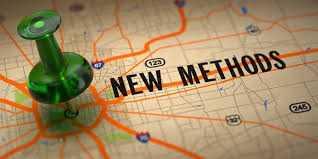Experiment With New Methods
Experimenting with different technologies, methods, environments, and schedules is really helpful in determining what works and what doesn't and can increase your efficiency.
Researching, note-taking, brainstorming, outlining, and drafting are particularly useful for the initial phase of writing.
2.03K
4.58K reads
CURATED FROM
IDEAS CURATED BY
The idea is part of this collection:
Learn more about writing with this collection
How to manage digital distractions
The impact of technology on mental health
The importance of setting boundaries
Related collections
Similar ideas to Experiment With New Methods
Change Your Workflow
Try different methods, environments, and schedules in your quest for a workflow that suits you.
Experimenting is really helpful in determining what works and what doesn't.
Read & Learn
20x Faster
without
deepstash
with
deepstash
with
deepstash
Personalized microlearning
—
100+ Learning Journeys
—
Access to 200,000+ ideas
—
Access to the mobile app
—
Unlimited idea saving
—
—
Unlimited history
—
—
Unlimited listening to ideas
—
—
Downloading & offline access
—
—
Supercharge your mind with one idea per day
Enter your email and spend 1 minute every day to learn something new.
I agree to receive email updates

